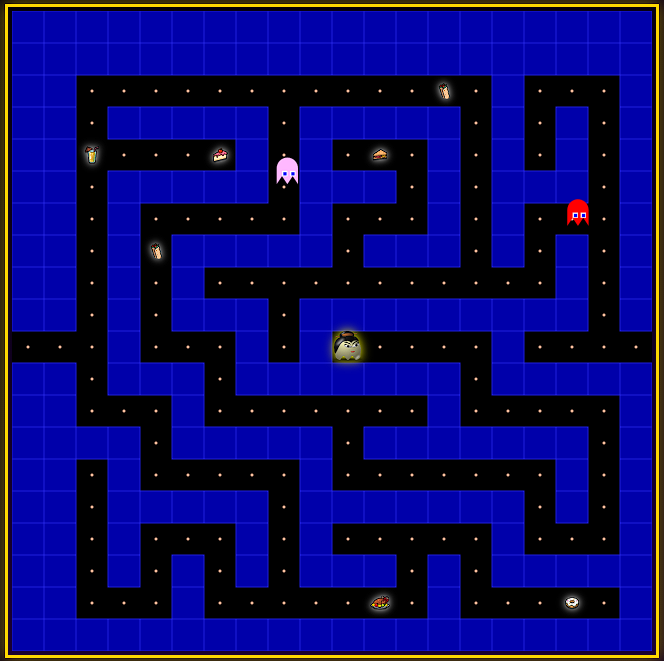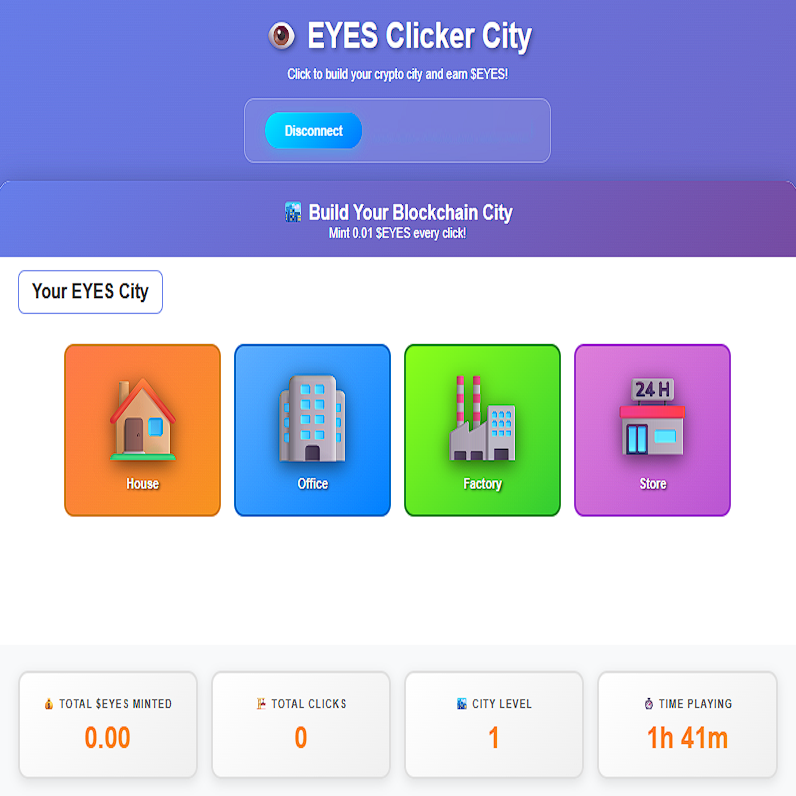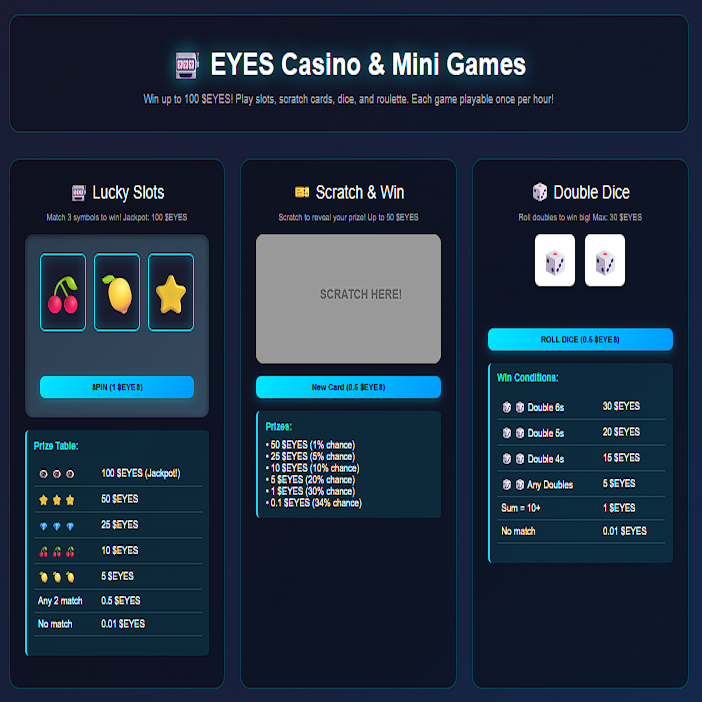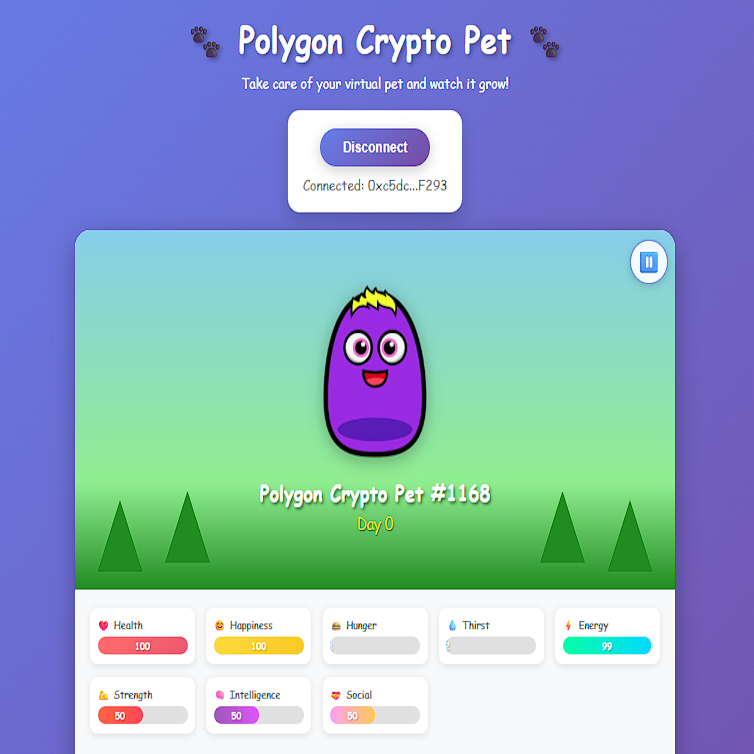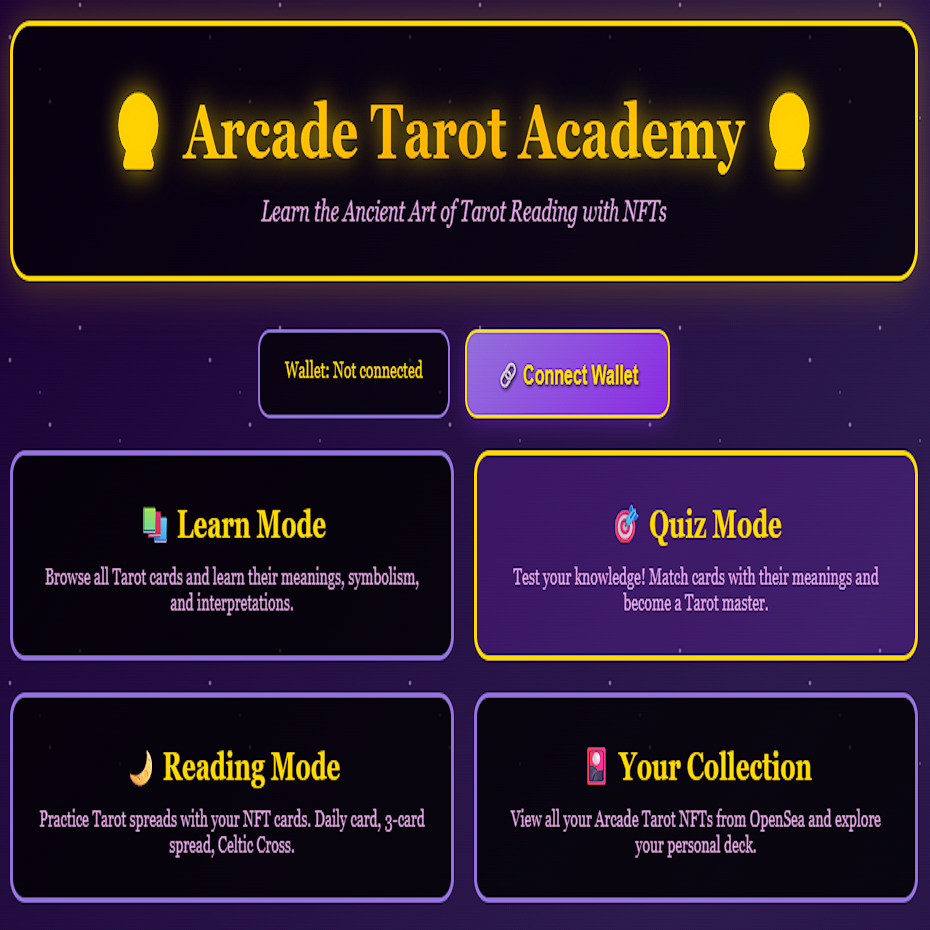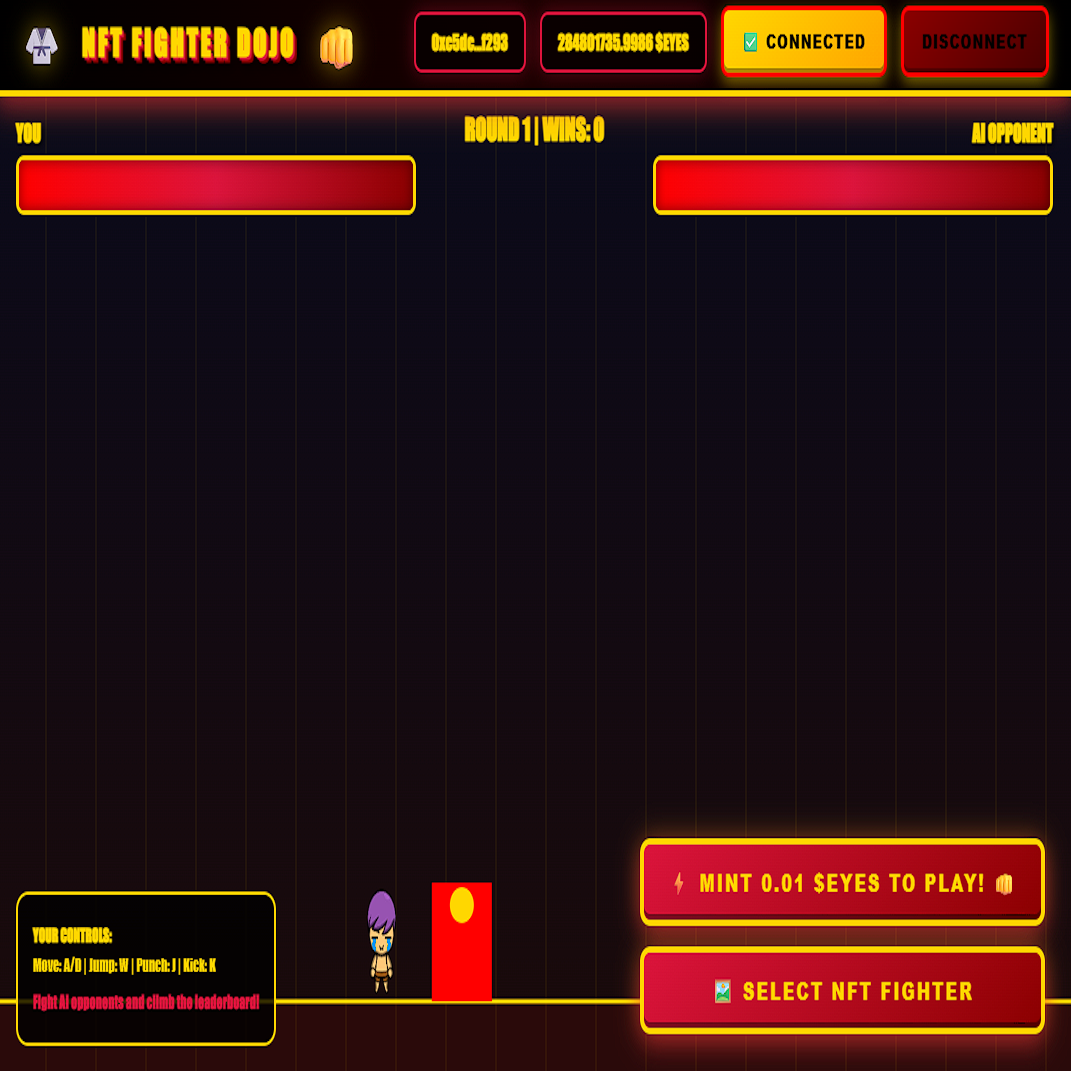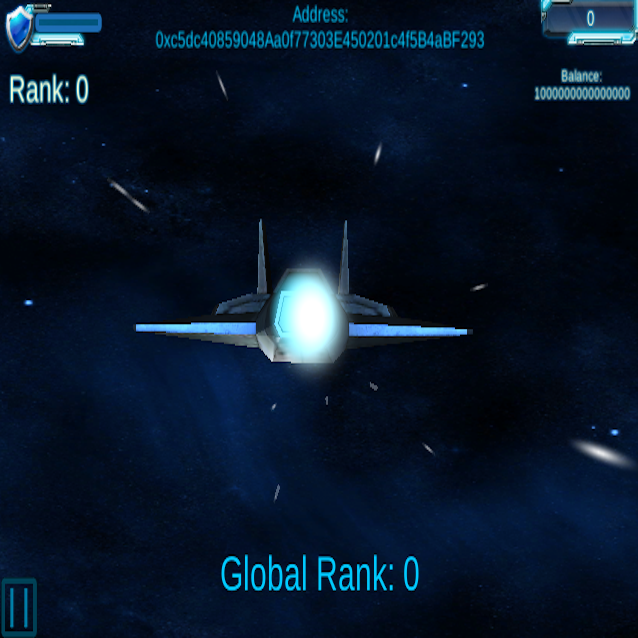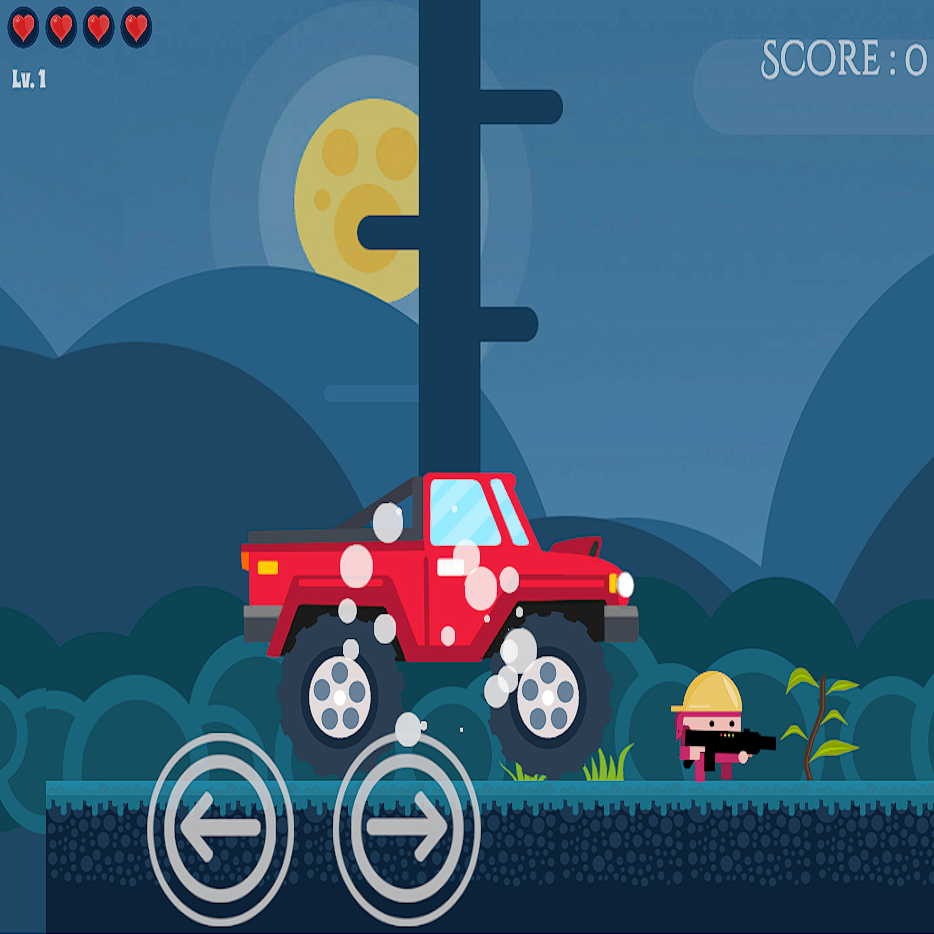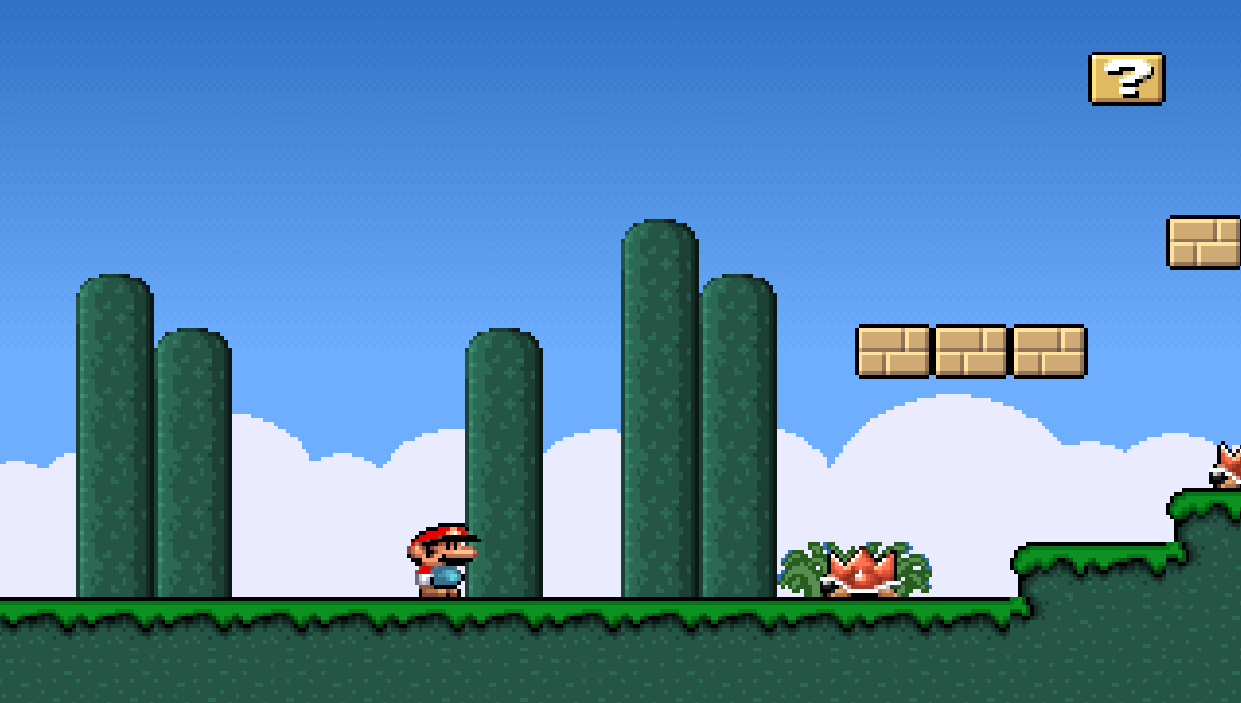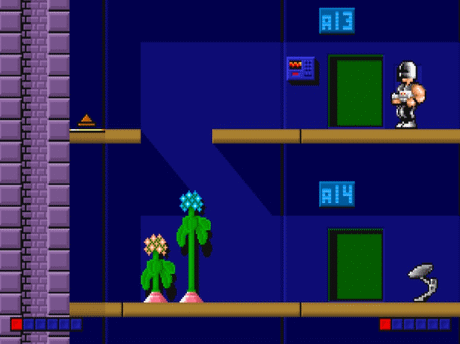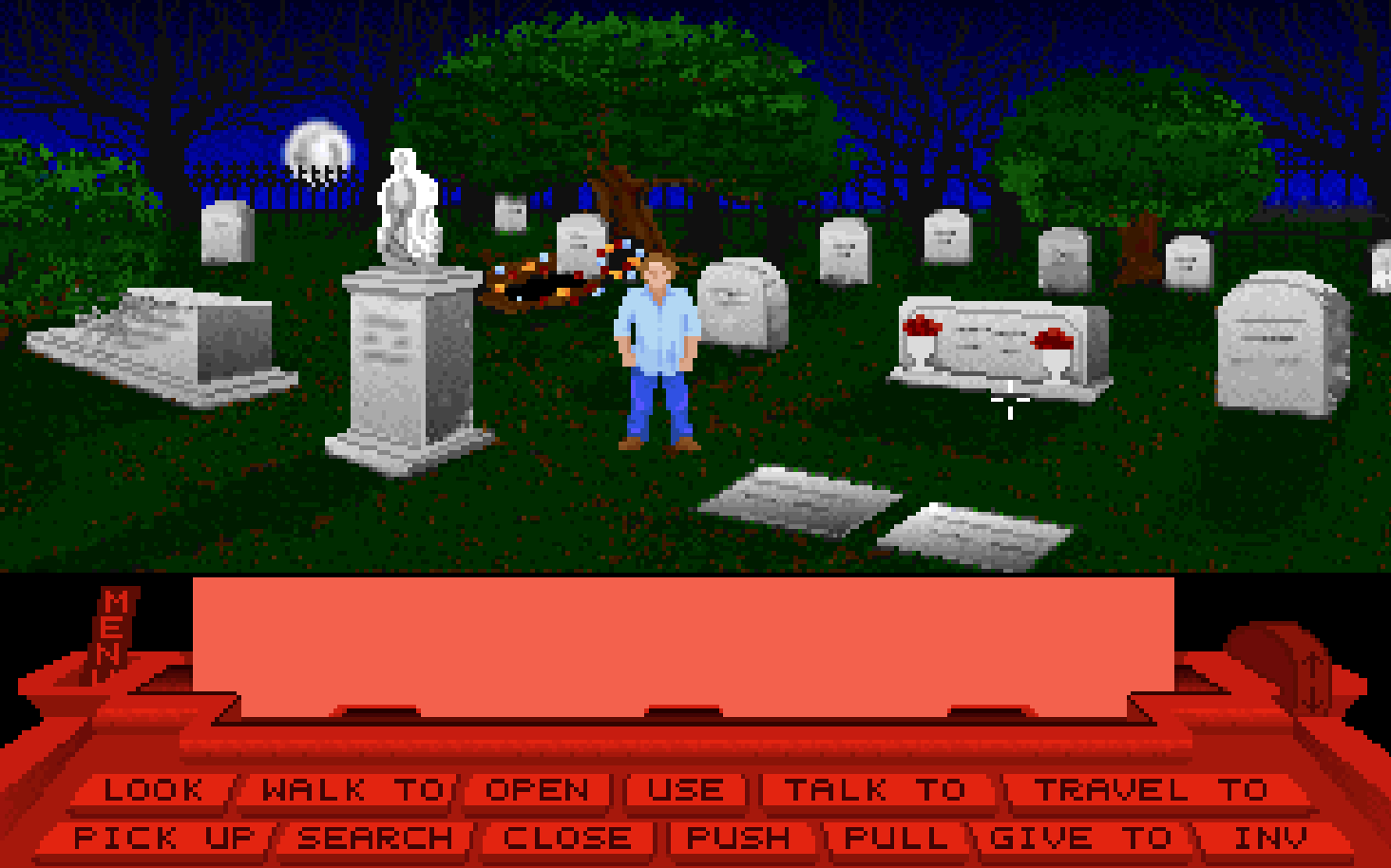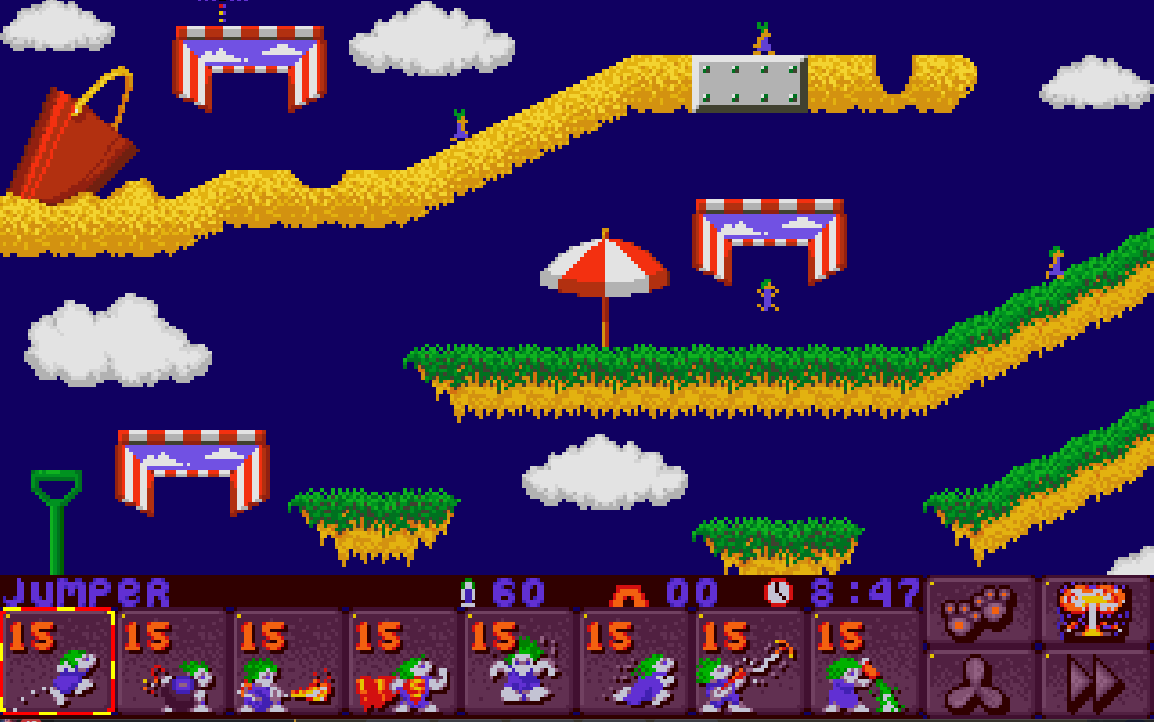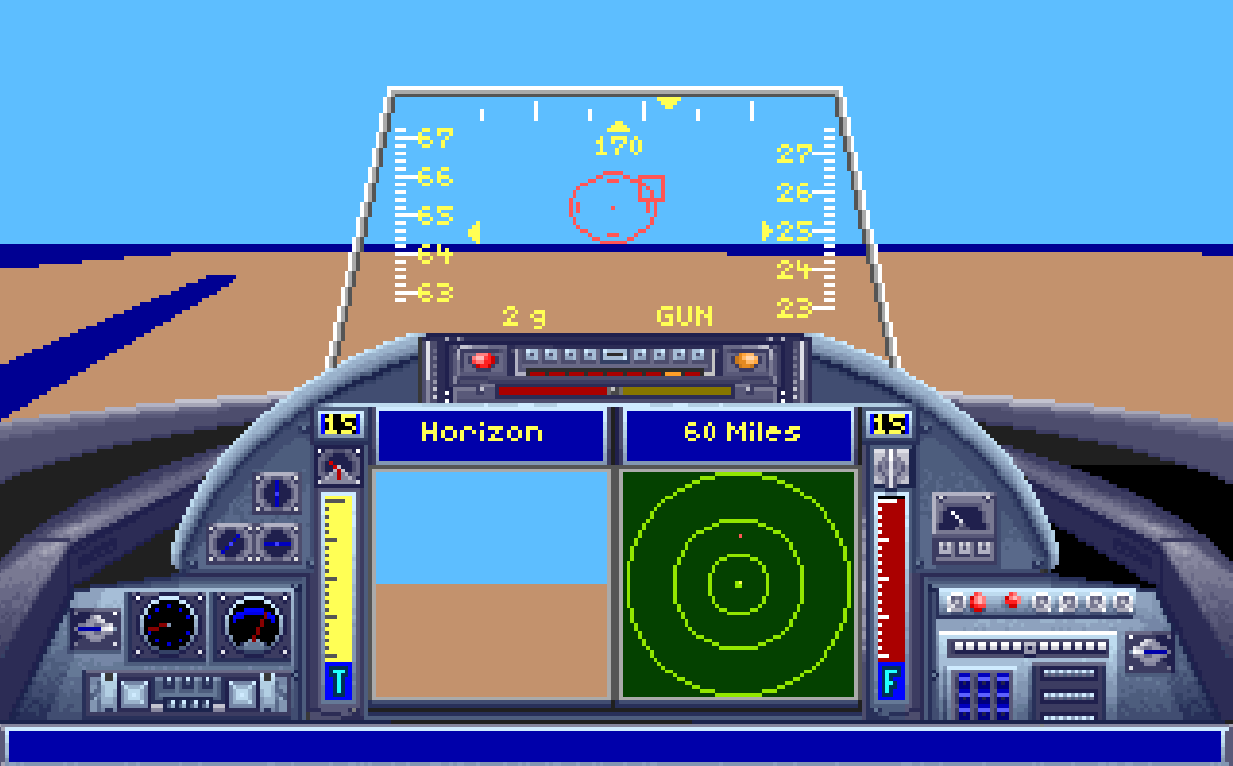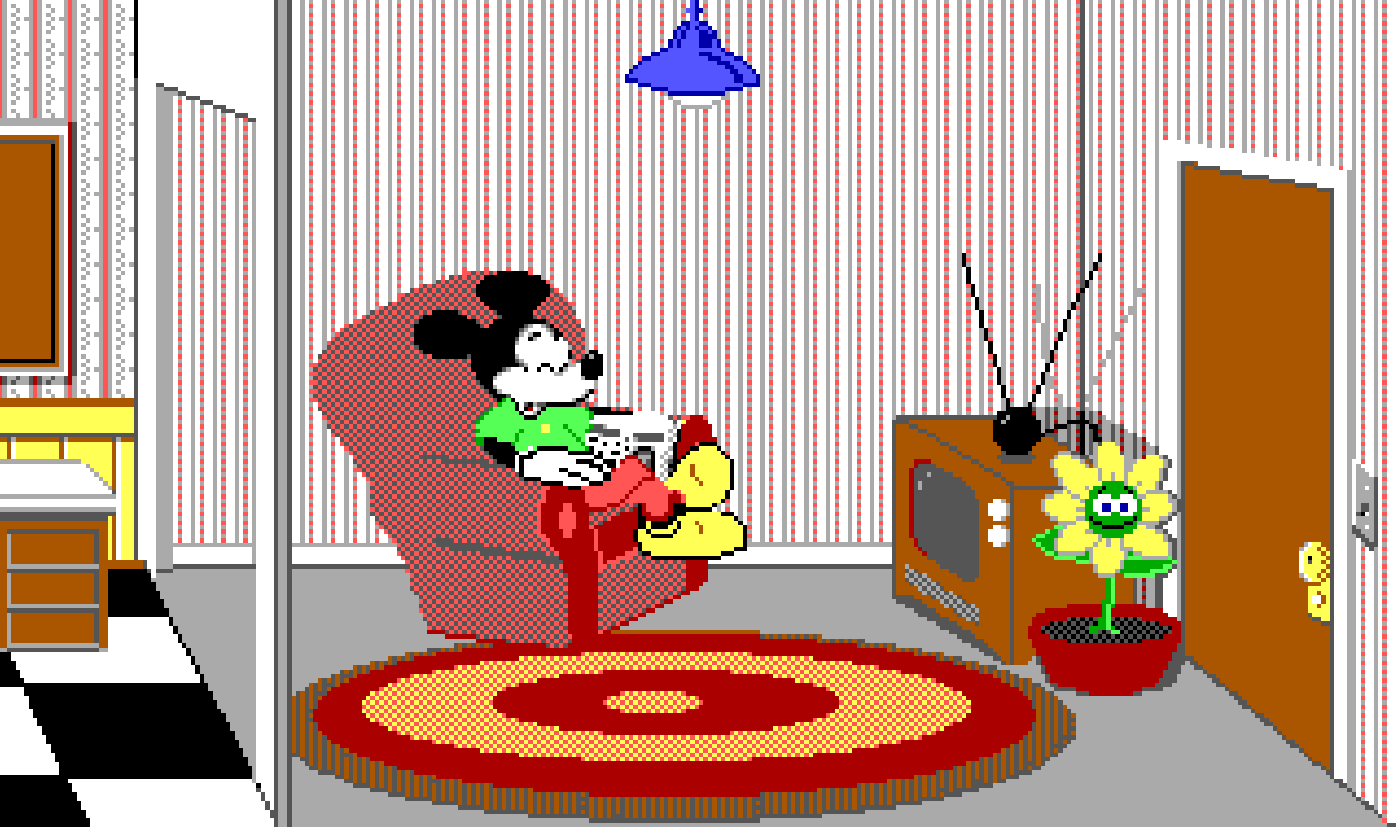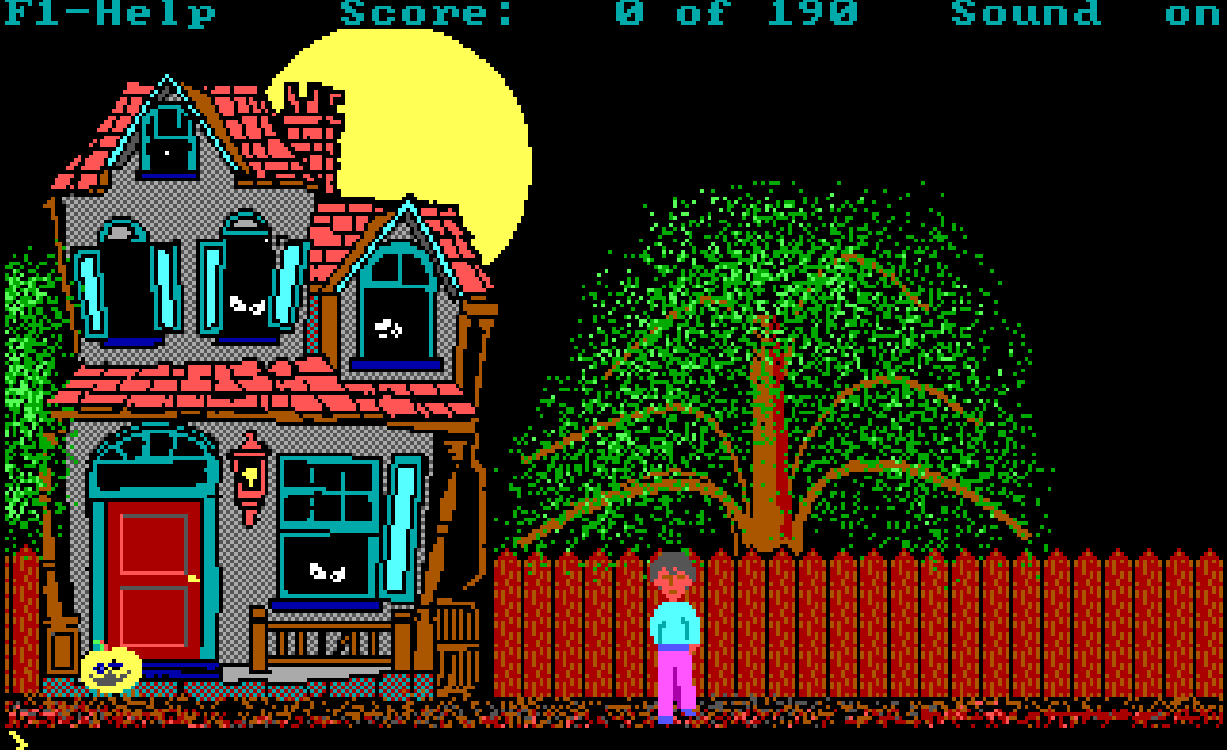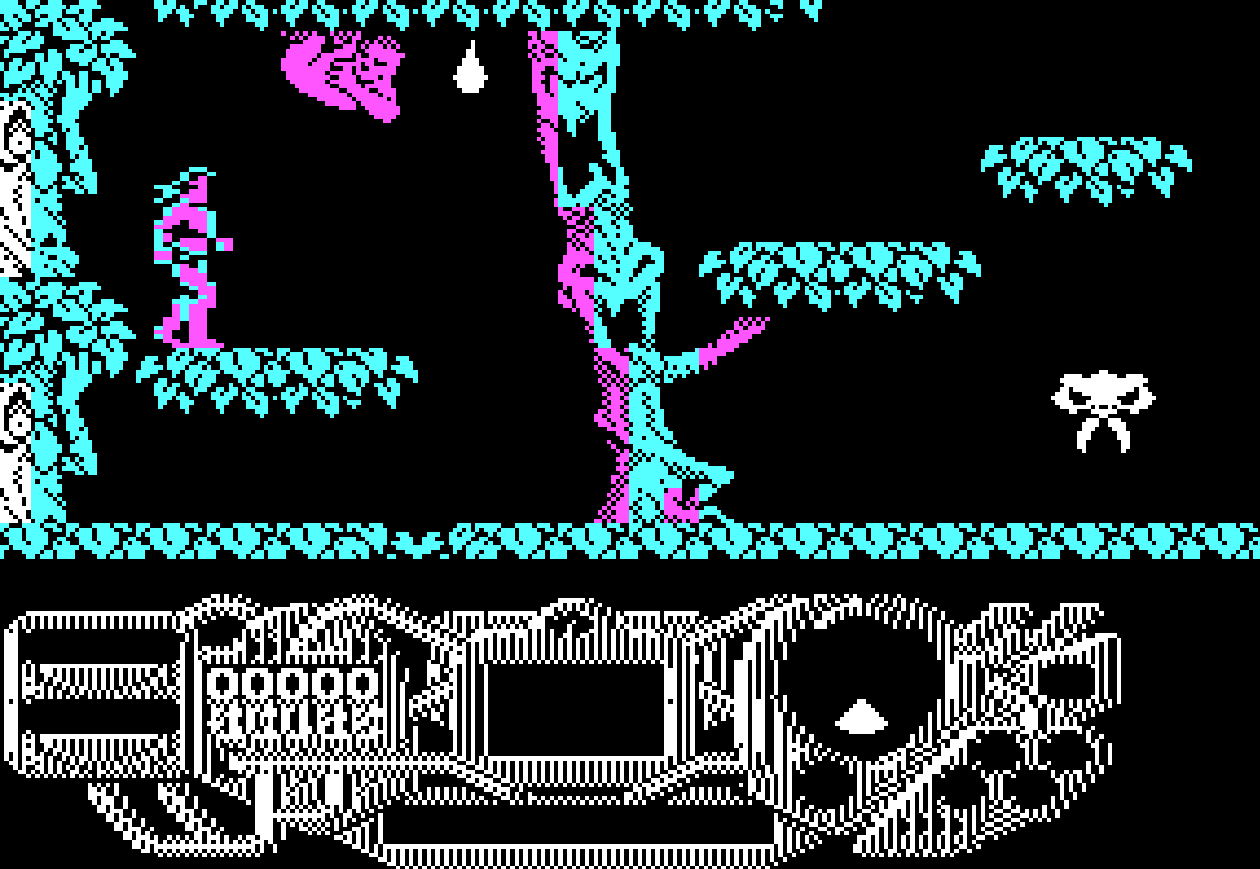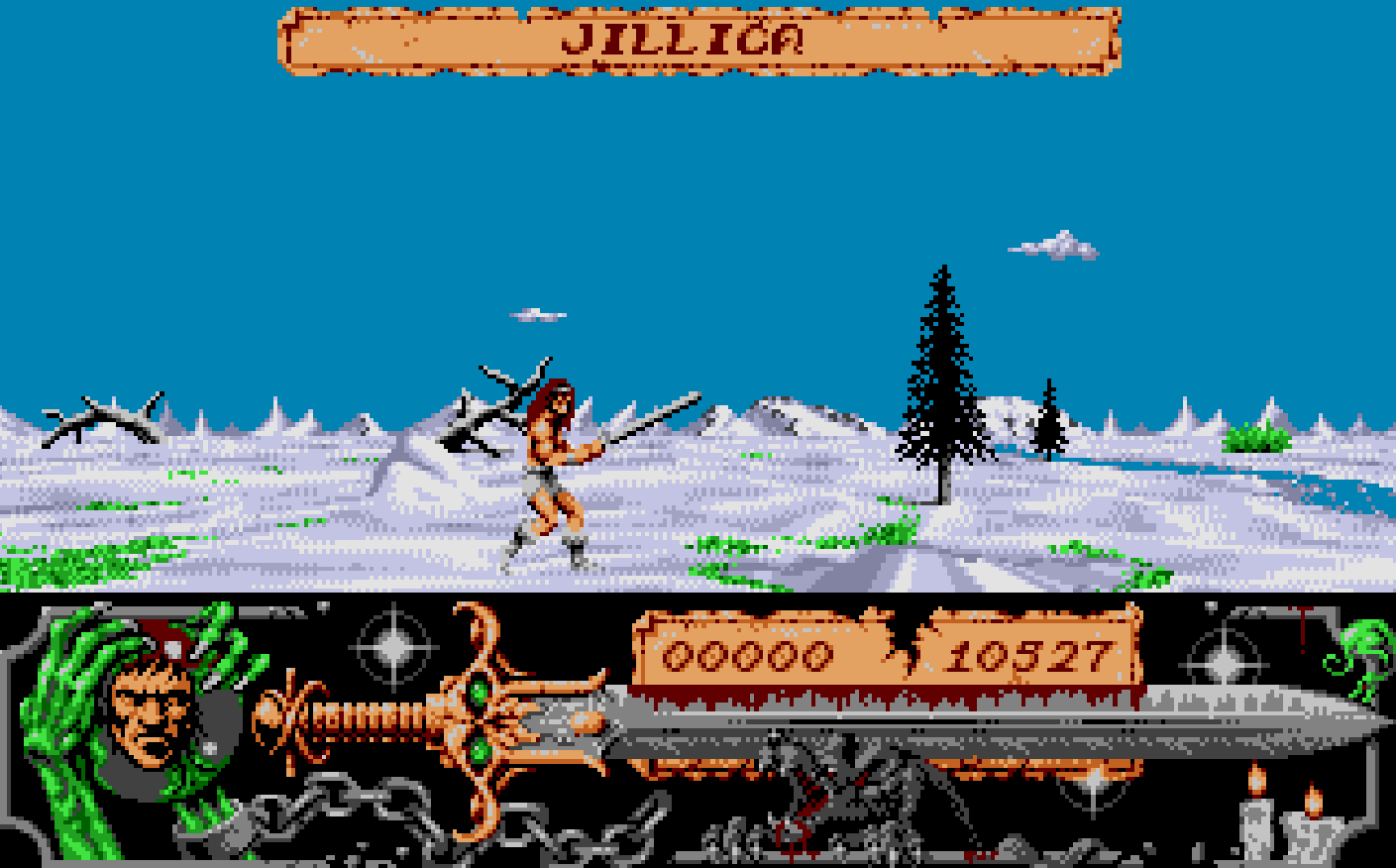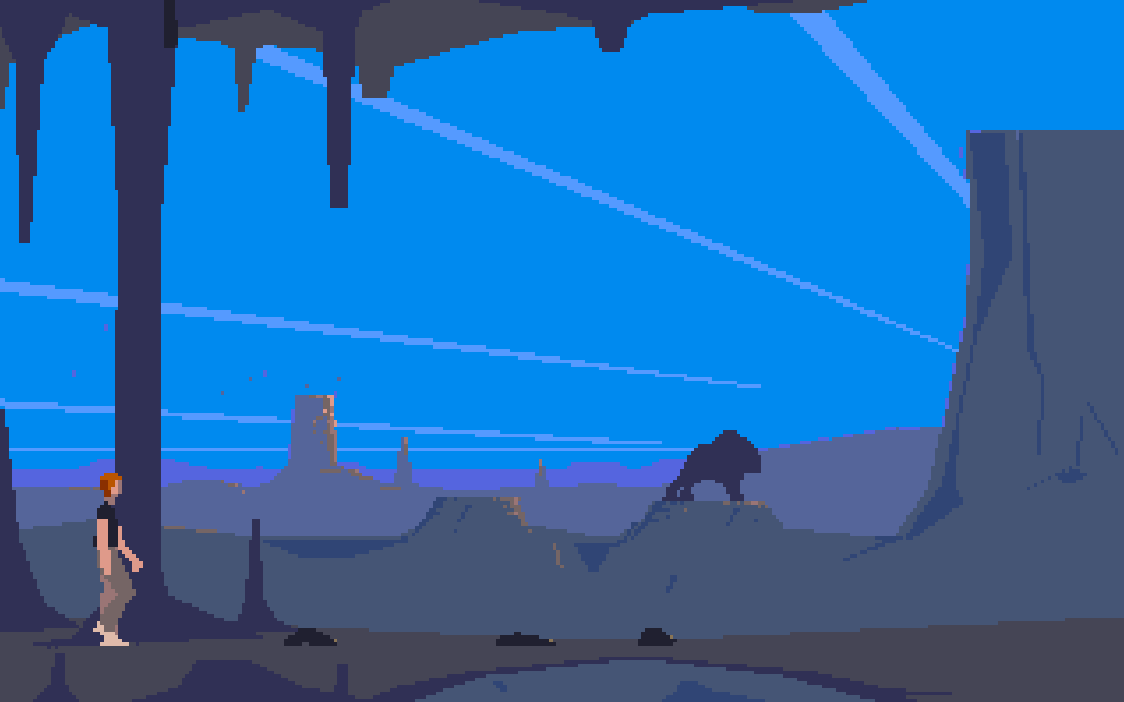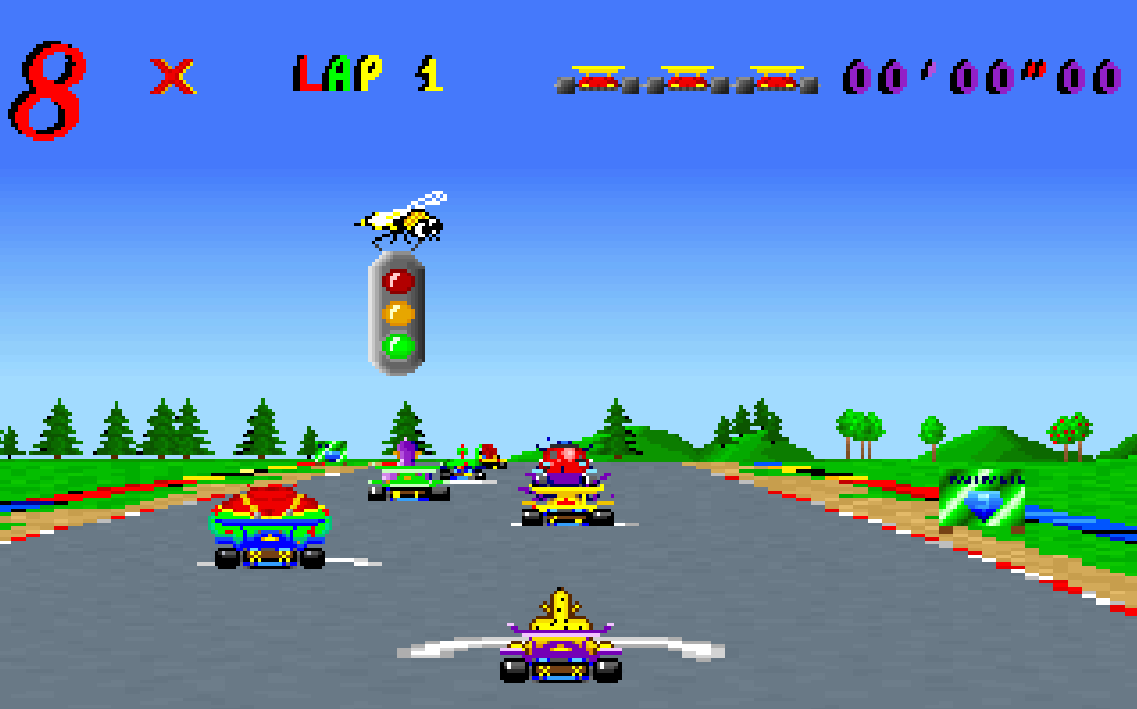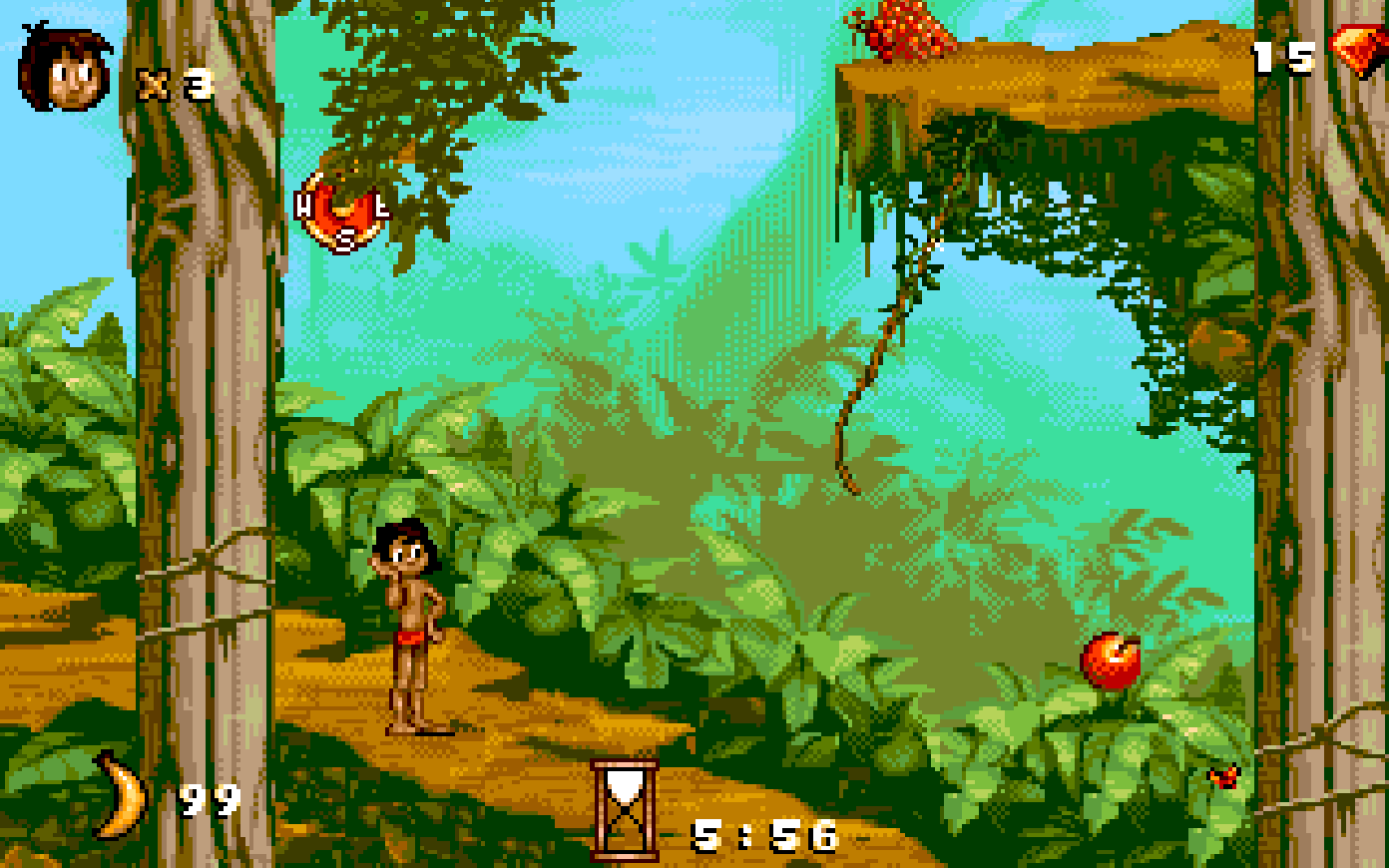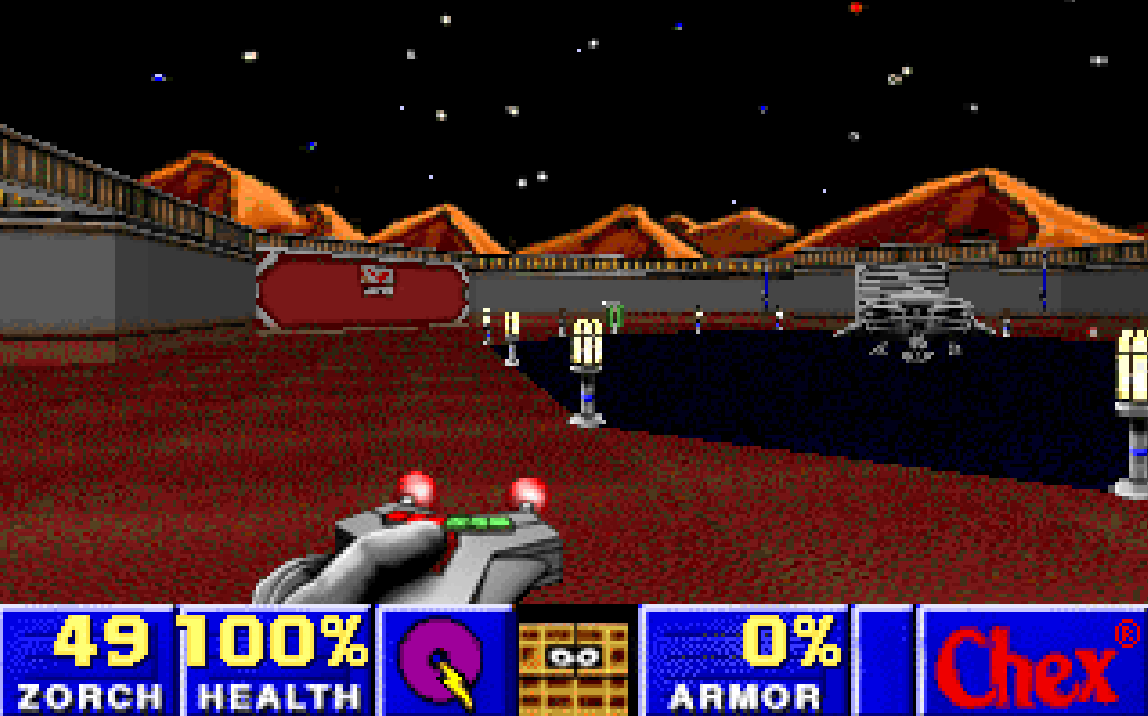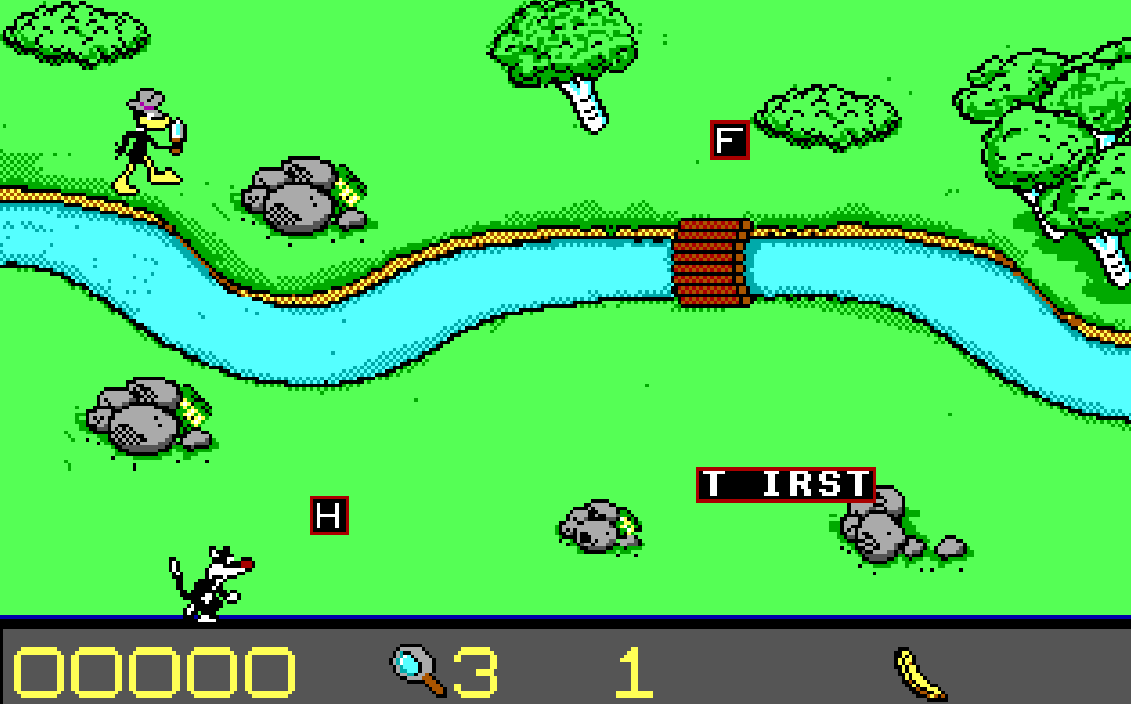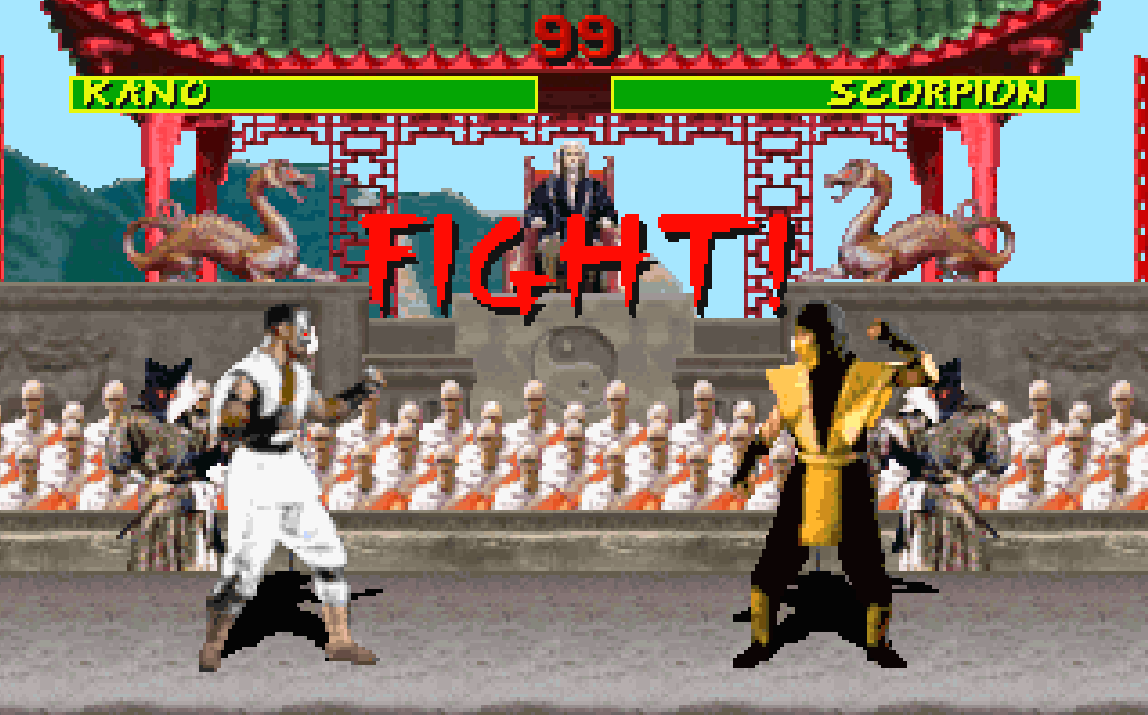Welcome to 2025! If you’ve ever dreamed about making your own mini game but thought you needed years of experience—or complex coding wizardry—think again. Today’s game development landscape is a vibrant playground for beginners. Whether you want to build an addictive endless runner, a compelling puzzle, or a wacky arcade mini game, there’s never been a better (or easier!) time to start.
In this upbeat and comprehensive blog article, we’ll guide you through everything you need to know: beginner-friendly tools, visual scripting platforms, the best programming languages for newbies, essential game design principles, where to find totally free art and sound assets, real beginner success stories, top tutorials, publishing, game community support, and so much more. Let’s power up and make your first mini game a reality!
Why 2025 is the Best Time Ever to Become a Beginner Game Dev
The world of game development has opened its doors wide for absolute beginners. Thanks to no-code tools, accessible engines, free education, and a buzzing global community, you can go from idea to playable game with surprising speed and ease.
No coding experience? No problem! Platforms like GDevelop, Construct 3, Buildbox, and Flowlab let you create games by dragging, dropping, and visual scripting. Prefer learning some code? Languages like C#, Python, and JavaScript are more accessible than ever, with powerful engines like Unity and Godot offering tons of beginner-friendly resources.
Here’s the kicker: mini games are the perfect first project. They’re fun, quick to build, incredibly satisfying, and a superb way to learn the art and science of game development without getting overwhelmed.
What Is a Mini Game? Why Start Small?
A “mini game” is a small, focused, and typically fast-paced game built around a single core mechanic (like jumping, matching, or dodging). Think Pong, Flappy Bird, 2048, or a basic endless runner. These games deliver instant fun and are ideal for learning:
- Manageable scope: Mini games are small enough to finish (and finishing is the key to learning!).
- Focus on core mechanics: You learn what makes games tick—without getting lost in huge projects.
- Easy to playtest and share: Friends, family, and online communities can try them right away.
Pro tip: Even professional game designers regularly make mini games to test new ideas.
The Step-by-Step Mini Game Creation Process (Beginner Edition)
Let’s outline the essential steps from bright idea to playable, shareable mini game:
- Come up with your game idea — Inspiration can come from favorite games, classics, or fun twists. Keep it simple!
- Let design drive your development — Identify your “core mechanic” (the main thing the player does).
- Pick the right tool/platform — Go no-code, low-code, or choose a kid-friendly programming engine.
- Prototype with ready-made assets — Use free art, sound, and music resources.
- Test and get feedback — Fix bugs, adjust difficulty, make your game juicier.
- Publish and share — Put your mini game on the web or app stores, or share via itch.io.
- Level up by joining game jams and communities — Receive motivation, feedback, and make new friends.
Let’s tackle each stage in detail, with real-world examples, beginner success tips, and recommended resources!
Coming Up With a Mini Game Idea (Simple = Genius)
Start by brainstorming ideas based on what you love to play. Classic mini games are ideal practice projects—think Pong, Tic-Tac-Toe, Space Invaders, endless runners, or puzzle games like 2048 or Minesweeper.
Here are a few inspiring project ideas for rookies:
- Pong clone — learn movement, collision, scoring
- Endless Runner — a character dodges hazards for as long as possible
- Simple Puzzle — match-3, memory, or tile sliding
- Maze Game — navigate to the goal, solve simple logic puzzles
- Flappy Bird clone — tap to avoid obstacles (super achievable in a single session)
Pro tip: “Clone” games aren’t about copying—they’re about practice. Once you learn the basics, unleash your creativity with new themes, power-ups, or visual styles.
Need more ideas? Here’s a Reddit list of 49 simple games that are perfect for beginners.
Core Design Principles: Build Around One Big Fun Mechanic
Great mini games are laser-focused on one simple, repeatable, and fun mechanic. This is your “core mechanic”—the action the player performs most of the time (jump, match, shoot, dodge, etc.).
How to find your core mechanic:
- Write an “essence statement” — e.g., “Jump between platforms to reach the goal.”
- Diagram your game’s “core loop”—what does the player do, over and over?
- Test: Can someone explain your game in one sentence?
Focus on making this core action as fun, smooth, and satisfying as possible before adding extras.
Key Beginner Design Tips:
- Keep it simple. One mechanic, a clear goal, easy controls.
- Short feedback loop. Score goes up, level resets, something explodes or animates with every success/failure.
- Clear goals and rules. What do players need to do? How do they win or lose?
- Strong visuals and sound effect feedback. Even simple games benefit from juicy feedback (screenshake, silly sounds).
Want to learn more? Try Understanding the Fundamental Pillars of Game Design (GameDev Academy).
Beginner-Friendly Game Engines and Platforms
Ready to actually make your game? Here’s where the magic happens: game engines, no-code/low-code platforms, and visual scripting tools designed for first-timers.
The Must-Try List for Absolute Beginners
| Platform | Coding Needed? | Best For | Free Plan? | Platforms | Getting Started |
|---|---|---|---|---|---|
| GDevelop | No | 2D, beginner | Yes | Web, PC, mobile | Official Tutorials |
| Construct 3 | No | 2D, browser | Yes (limited) | Web, PC, mobile | Build Flappy Bird Tutorial |
| Buildbox | No | Mobile/2D/3D | Yes (limited) | PC, Mac, mobile | Make Your Own Game Tutorials |
| Flowlab | No | 2D, browser | Yes | Web, PC, mobile | Flowlab Home |
| Scratch | No | Kids, education | Yes | Browser | See Community Projects |
| Unity (with Visual Scripting) | Low | 2D/3D | Yes | PC, Mac, mobile, console | Bolt Visual Scripting Tutorials (YouTube) |
| Godot Engine | Low/Medium | 2D/3D | Yes | PC, Mac, web, mobile | Begginer Pong Guide |
What’s the difference?
- No-code/Visual scripting: If you don’t want to touch code, GDevelop, Construct 3, Buildbox, and Flowlab are heroes. Drag, drop, set rules, play test almost instantly.
- Scratch: Best for children and educators, also used for simple quick prototypes.
- Unity with Visual Scripting: You can use “Bolt” (Unity’s visual scripting system) to make full games without writing traditional code. Ideal if you want to eventually learn C# for more power.
- Godot: Free and open source! Uses a very friendly scripting language (GDScript, similar to Python) and has visual scripting too.
Community Favorites for Beginners (2025 Update)
- Unity: The industry leader, now with more accessible pricing and free for small-scale use. Offers 2D/3D, huge asset store, tons of free tutorials.
- Godot: Completely free and open source, skyrocketing in indie dev popularity, friendly to beginners with tons of templates.
- Construct 3 and GDevelop: Powerhouses for zero-coders. Run in a browser, let you build, test, and share games in minutes .
If you want a gentle introduction, start with GDevelop or Construct 3. If you’re leaning toward eventually mastering code, try Unity (with or without Bolt) or Godot.
Check out more options, with pros and cons, here: 12 Best Game Development Software for Creativity in 2025,Top 7 Game Platforms (GeeksforGeeks) and No-Code Game Engine Review (Shno.co).
Visual Scripting & No-Code Tools: Drag, Drop, Play!
Not ready for code? Master visual scripting instead. Here's what’s hot in 2025:
- GDevelop: Drag events and actions together visually—no code. Cross-platform, massive free template gallery. GDevelop Official Tutorials
- Construct 3: Browser-based, super fast prototyping, “event sheet” system for logic. Flappy Bird Tutorial For Construct
- Buildbox: Designed for non-programmers. Create entire games visually, used often for mobile arcade games. Official Buildbox Learning Path
- Unity’s Bolt Visual Scripting: Drag and connect “nodes” to create even complex logic in Unity—perfect for those wanting room to grow. YouTube Bolt Video Tutorials
Scratch, Flowlab, Stencyl, Thunkable, and Gamefroot are also highly beginner-focused no-code platforms to experiment with.
Real-World Example: Make Pong in an Hour
Many GDevelop and Godot users boast of making a Pong game (hello, game dev’s “hello world”!) by following a simple beginner step-by-step. Or, build Flappy Bird with Construct in 10 minutes full guide!
Programming for True Newbies: Friendly Languages for Game Dev
Learning to code opens up a universe of possibilities—and the good news is, starting today is easier than ever.
Most Popular Beginner Languages (2025):
| Language | Where You’ll Use It | Why It’s Beginner-Friendly | Starter Resources |
|---|---|---|---|
| C# | Unity | Simple syntax, huge support, great documentation | Unity C# Course, FreeCodeCamp Unity Mega-Tutorial |
| GDScript | Godot Engine | Inspired by Python, designed for game logic | Godot Docs, Godot Pong Guide |
| Python | Pygame, Godot, web games | Easy, readable, great for prototyping and logic | Python Game Dev Course |
| JavaScript | Phaser, Construct, web games | For browser-based games; runs everywhere | Phaser Game Dev Docs |
| Lua | Love2D, Roblox Studio | Very minimal, easy to understand, used in scripting | Love2D Guide |
Pro tip: If you start with visual scripting, you can slowly transition into code later, whenever you like!
Not sure where to start? Free C# & Unity Mini Games Course is a fantastic hands-on way to learn code and game dev by making real projects.
Game Design Doc: Plan Before You Build (Even If it’s Simple!)
Turning ideas into reality is easier with a tiny bit of planning! Even a quick game design document (GDD) or a handful of notes can save headaches. Here’s a minimalist version:
- Game title & one-sentence summary
- Core mechanic: What does the player do (e.g., jump over obstacles)?
- Goals: What’s the win/loss condition?
- Art & style references: Simple, retro, bright, spooky?
- Sound/music vision: Funky retro, chill, dramatic?
- Inspirations: Games or themes you love
Try tools like Milanote's Free Game Level Design Guide and free GDD templates to organize your vision—it’s never too early to sketch your game’s journey.
Free and Affordable Art Asset Resources (2025 Edition)
Not a pixel magician? No worries! There are massive libraries of free or affordable assets for games—characters, backgrounds, enemies, buttons, tiles, UI, even particle effects .
Top Sites for Free Game Art in 2025:
- Kenney.nl: Industry gold standard, CC0-licensed (even used in big game jams and pro prototypes). Search for “Minigolf Kit” and 1000+ others.
- OpenGameArt.org: Huge, searchable library (pixel art, UI, 3D, music, and more). Always check the license!
- FreeGameAssets2D.com: Curated vector art and UI components, totally beginner-friendly d.
- Itch.io’s Free Asset Section: Community-made, quirky, and unique styles.
- CraftPix Freebies: From RPG tiles to GUI, all can be used in commercial projects.
- PixelGameArt.org: Clean retro pixel packs.
- Spriters Resource: For learning or fan projects (note licensing!).
How to use art assets:
- Always check the license (CC0/public domain usually = 100% free use).
- Try to keep your style consistent for polished, professional-looking results.
- Customize via free editors like Piskel or Aseprite.
Free Sound & Music for Mini Games (2025)
Nothing brings a simple game to life like satisfying (or silly) sounds and catchy music. Even basic “bloop” or “score up” noises make a huge difference.
Where to find sounds:
- Freesound.org: Community-generated, everything from lasers to footsteps (always check license).
- Pixabay Free Game Sound Effects: Royalty-free, no attribution needed.
- Tsugi SFX Packs for Game Jams: Download bubble pop, retro fx, powerups, and more for jams and prototypes.
- Sonniss: GameAudioGDC Packs: Insanely generous annual SFX bundles—hundreds of professional-quality sounds, free.
- Bfxr: DIY in-browser “bleeps” and powerups; fun for original, arcade-style SFX.
Add music from these sources:
- OpenGameArt music section
- Freesound
- Free game jam music packs on itch.io
Step-by-Step Development Tutorials & Learning Tracks for Beginners
Want to follow a project from zero to playable? These tutorials are beginner gold (all free!):
- GDevelop: Complete Official Tutorials (Asteroids clone, Platformer, Space Shooter, Tank Game, more)
- Scratch: Explore Scratch Game Projects
- Construct: Flappy Bird Clone in 10 Minutes
- Unity/Bolt: Mega Playlist: 38 Unity Visual Scripting Video Tutorials on YouTube, Unity C# and Mini Games on Coursera
- Godot: Beginner’s Pong Game (Step by Step)
For interactive, structured learning, check:
- Codecademy: Introduction to Game Development (Free)
- FreeCodeCamp Unity Course (YouTube)
- Udemy: Top Free Game Dev Courses (2025)
Playtesting, Revising, and Making Your Game Juicy
Every great game is the result of lots of playtesting. Invite friends, family, or online communities to try your prototype. Watch for moments of frustration or confusion—fix, tweak, polish!
What to look for:
- Is your core mechanic fun (for most people, not just you)?
- Are controls clear and responsive?
- Does the game communicate goals (“Game Over!”, “You Win!”) well?
- What could make your game “juicier”? (e.g., screen shake when scoring, rewarding sounds, bright effects)
Iterate! Even small changes—like the color of a button or the speed of an enemy—can turn a good mini game into a great one.
Publishing and Sharing Your Mini Game (Make it Real!)
You made a game—now it’s time to share it with the world!
Where to publish for free:
- itch.io: The world’s friendliest indie game platform. Share browser-based (HTML5) games or downloadable projects. Customize your game page, get feedback, and join game jams. How-to guide: Publish your first itch.io game.
- Newgrounds.com: Classic home for browser games and jams.
- Kongregate: Share browser games for web, desktop, and mobile.
- Mobile app stores (Android Play Store, iOS App Store): Most engines let you export to .apk or .ipa with a few extra steps (may require paid dev accounts).
- Personal website: Export as HTML5 and embed your game anywhere on the web.
Learn more: How to Publish HTML5 Games — covers web, native apps, and other platforms.
Pro-tip: Export to HTML5/web—this works in almost any modern browser, with zero installs needed!
Level-Up Learning: Game Jams and Community Support
Struggling to finish a project? Want inspiration? Game jams are perfect for beginners. They’re timed events where you build a game in 24–72 hours, often around a theme.
Why try a Game Jam?
- Motivation: Deadlines help you finish projects.
- Community: Collaborate and learn from others.
- Feedback: Get real players to test your creation!
- FUN!
Best jams for beginners (2025):
- Global Game Jam: The world's biggest, incredibly beginner-friendly.
- Ludum Dare: Twice a year, with a “jam” (teams) and “compo” (solo, 48-hour) events.
- GMTK Game Jam: YouTube’s GameMakersToolkit hosts this super-welcoming jam.
- Kenney Jam: Only use Kenney’s free art assets!
- Brackey’s Jam: Massive, friendly, Unity-focused, but everyone’s welcome.
See what’s coming up: itch.io Upcoming Jams
Read more: Best Game Jams for Beginners (2025)
Not ready for a jam yet? Regularly visit or join game dev communities on:
- [Discord servers for your favorite engine (search “GDevelop Discord” etc.)]
- Reddit: r/gamedev (idea sharing, troubleshooting, and feedback)
- YouTube channels, Twitch streams, and even TikTok—there are tons of creators teaching game dev live!
Free Educational Resources & Courses for Beginners
Game development education is more accessible than ever (and often totally free!). Here are some essential learning hubs and resources:
- GDevelop’s comprehensive tutorial hub
- Unity’s Learn Platform: Deep library of free beginner to advanced tracks.
- Godot’s own docs and step-by-step guides: For 2D/3D and visual scripting.
- Scratch’s Imagine, Program, Share
- Codecademy’s free Introduction to Game Development
- Coursera: Free Game Dev Courses
- Udemy: Free Game Development Fundamentals
Don’t forget the gentle power of YouTube: search for “[your tool/engine] beginner tutorial 2025.” You’ll find just-in-time lessons on any stuck point.
Mini Game Success Stories and Examples
To get inspired, take a look at some mini games and beginner projects that have gone from zero to shared success in a matter of days or weeks:
Classic Examples Built by Beginners
- Flappy Bird: Built in under a week, the original Flappy Bird inspired countless clones and endless game jams. See a clone made in Construct 2 in 10 minutes!
- 2048: Invented by a young developer over a weekend, now a worldwide hit!
- Pong and Breakout clones: The “hello world” of game development; follow a step-by-step to recreate in GDevelop, Godot, or Unity.
Ready-to-use Mini Game Templates
- GDevelop: Asteroids, Platformer, Endless Runner, Tank Game, and more—find step-by-step in the official tutorial list.
- Unity: Many beginner tutorials cover classics like endless runners, pong, and 2D shooters see this free course with 20+ mini games.
Real story: Many developers have released their very first game on itch.io after following platform tutorials. Go read some devlogs for tons of relatable, inspiring stories and lessons!
The Beginner’s Mindset: Have Fun, Keep It Simple, Celebrate Progress!
Above all, remember: your first mini game will not be perfect—and that’s a feature, not a bug!
- Start with “minimum playable.” Build the simplest instance of your idea, and expand only after it works!
- Celebrate every milestone. Even making a paddle move is a HUGE step.
- Iteration over perfection. You’ll learn more by making three imperfect mini games than one “near-perfect” game that never gets finished.
- Join the community. Share your process, successes, and struggles—there’s always another beginner who needs your courage.
Quick Links: Get Started NOW
- Ready to build, no code needed? Try GDevelop for free | Construct 3 in your browser
- Want to learn Unity? Download Unity Free | Visual Scripting Tutorials
- Need instant free art? Kenney.nl | OpenGameArt
- Need free sounds/music? Freesound.org | Pixabay SFX
- More tutorials and lessons? Codecademy: Game Dev Intro | FreeCodeCamp Unity Course
- Share your game! itch.io (make a free account) | How to publish guide
- Join your first jam! Itch.io’s Upcoming Jams
Closing Thoughts: Mini Games, Mega Learning, Limitless Fun!
In 2025, your very first mini game is only a few steps (and maybe a couple of evenings!) away. Whether you click together a puzzle in GDevelop, whip up a Flappy Bird in Construct, or drag-n-drop your way toward arcade stardom in Buildbox, the joy is all in the journey. The communities are active, the resources are vast, and the rewards—learning, pride, creativity, and global sharing—are forever.
So what are you waiting for? Pick a tool, download free assets, follow a jam or tutorial, and let your game dev adventure begin! Share your quirky, wild, retro, or ridiculous mini game with the world. Your first game won’t be your last—level up, and keep on playing!
Sponsored Spotify Music Playlists:
https://systementcorp.com/matchify
Other Websites:
https://opensea.io/eyeofunity/galleries
